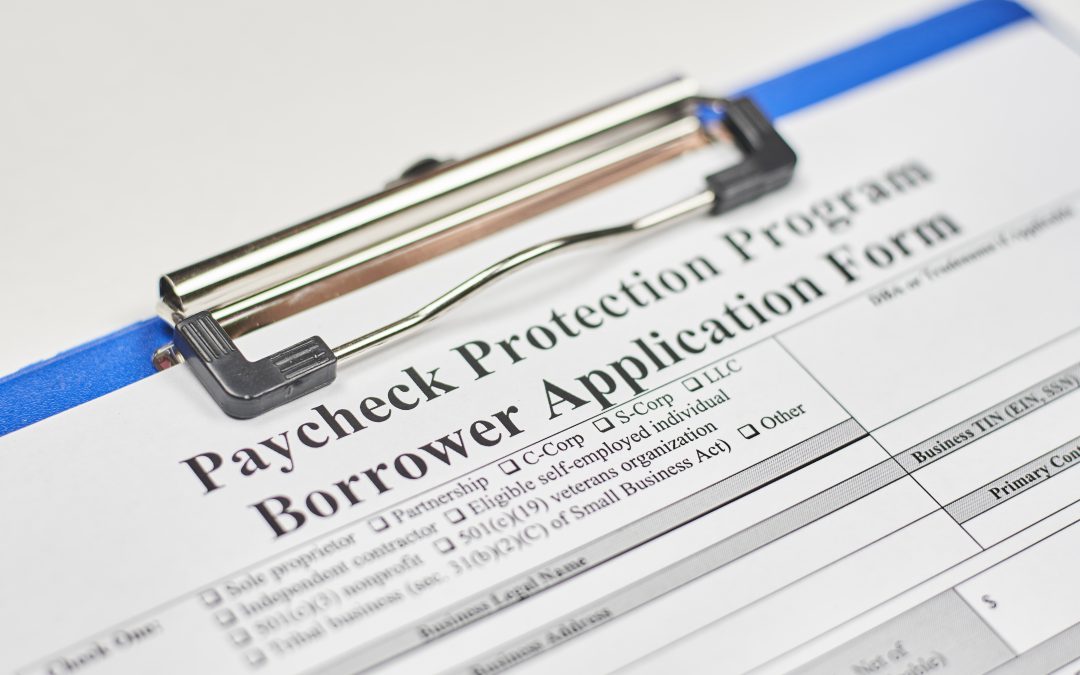Good news with the recent FAQ’s # 45, #46, and #47.
All of you with loans under $2M will be deemed to have made the loan request in good faith. Those with loans above $2M and when reviewed, if it is determined that the request was not in good faith, the lender will not be given permission to forgive the loan and the SBA will require the funds to be repaid. If the funds are promptly repaid, the SBA will not seek enforcement action regarding the certification not being in good faith. See below.
45. Question: Is an employer that repays its PPP loan by the safe harbor deadline (May 14, 2020) eligible for the Employee Retention Credit?
Answer: Yes. An employer that applied for a PPP loan, received payment, and repays the loan by the safe harbor deadline (May 14, 2020) will be treated as though the employer had not received a covered loan under the PPP for purposes of the Employee Retention Credit. Therefore, the employer will be eligible for the credit if the employer is otherwise an eligible employer for purposes of the credit.19
As of May 13, 2020
46. Question: How will SBA review borrowers’ required good-faith cetification concerning the necessity of their loan request?
Answer: When submitting a PPP application, all borrowers must certify in good faith that “[c]urrent economic uncertainty makes this loan request necessary to support the ongoing operations of the Applicant.” SBA, in consultation with the Department of the Treasury, has determined that the following safe harbor will apply to SBA’s review of PPP loans with respect to this issue: Any borrower that, together with its affiliates,20 received PPP loans with an original principal amount of less than $2 million will be deemed to have made the required certification concerning the necessity of the loan request in good faith.
20 For SBA has determined that this safe harbor is appropriate because borrowers with loans below this threshold are generally less likely to have had access to adequate sources of liquidity in the current economic environment than borrowers that obtained larger loans. This safe harbor will also promote economic certainty as PPP borrowers with more limited resources endeavor to
retain and rehire employees. In addition, given the large volume of PPP loans, this approach will enable SBA to conserve its finite audit resources and focus its reviews on larger loans, where the compliance effort may yield higher returns.
Importantly, borrowers with loans greater than $2 million that do not satisfy this safe harbor may still have an adequate basis for making the required good-faith certification, based on their individual circumstances in light of the language of the certification and SBA guidance. SBA has previously stated that all PPP loans in excess of $2 million, and other PPP loans as appropriate, will be subject to review by SBA for compliance with program requirements set forth in the PPP Interim Final Rules and in the Borrower Application Form.
If SBA determines in the course of its review that a borrower lacked an adequate basis for the required certification concerning the necessity of the loan request, SBA will seek repayment of the outstanding PPP loan balance and will inform the lender that the borrower is not eligible for loan forgiveness. If the borrower repays the loan after receiving notification from SBA, SBA will not pursue administrative enforcement or referrals to other agencies based on its determination with respect to the certification concerning necessity of the loan request. SBA’s determination concerning the certification regarding the necessity of the loan request will not affect SBA’s loan guarantee.21
47. Question: An SBA interim final rule posted on May 8, 2020 provided that any borrower who applied for a PPP loan and repays the loan in full by May 14, 2020 will be deemed by SBA to have made the required certification concerning the necessity of the loan request in good faith. Is it possible for a borrower to obtain an extension of the May 14, 2020 repayment date?
Answer: Yes, SBA is extending the repayment date for this safe harbor to May 18, 2020, to give borrowers an opportunity to review and consider FAQ #46. Borrowers do not need to apply for this extension. This extension will be promptly implemented through a revision to the SBA’s interim final rule providing the safe harbor.21
Still no word on clarifications regarding policies, process and application for the loan forgiveness yet.
A Print-Friendly version of this article is available here.
For questions or further information, please contact David Krajanowski at: [email protected]

